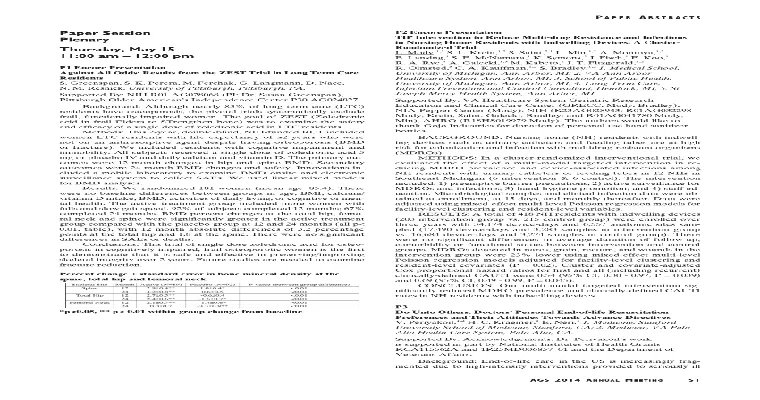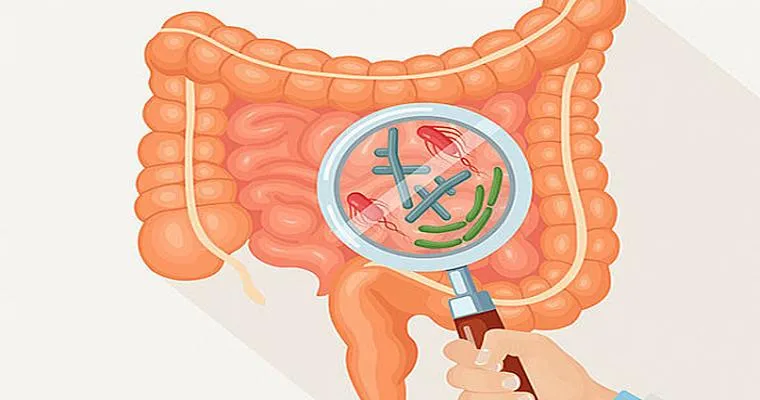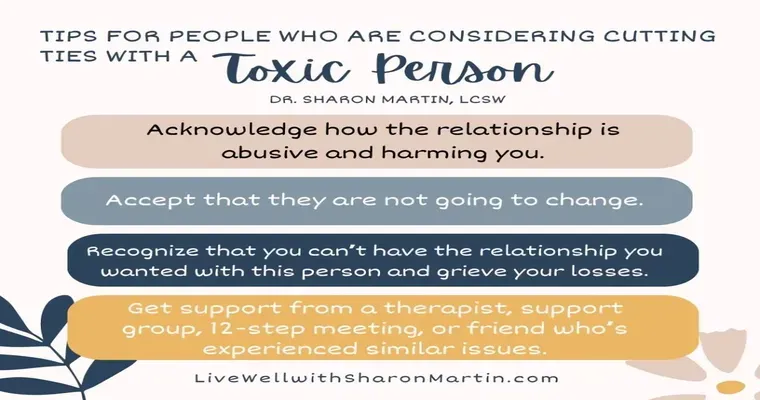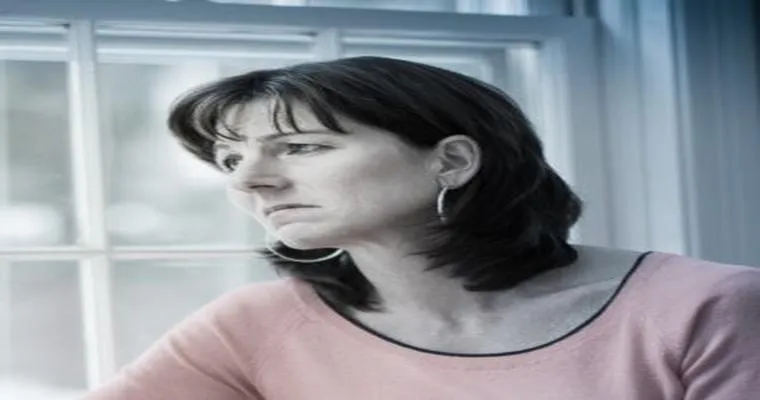When an elderly individual, especially someone who is "91 years old", acquires a "C Diff infection" during a hospital stay, it raises important questions about their ability to safely return home. Understanding the implications of a "Clostridium difficile infection" and the unique challenges faced by older adults is essential for families and caregivers making this decision.
C Diff infections are notorious for causing severe gastrointestinal issues, including diarrhea, abdominal pain, and nausea. For a senior, particularly one with a weakened immune system or other underlying health conditions, the risks associated with this infection can be even more pronounced. The decision for a 91-year-old to return home after such an infection should be approached with caution and thorough consideration.
Assessing Home Safety
Before making a decision about returning home, it is crucial to assess the "safety of the home environment". This includes ensuring that the living space is clean and free from clutter, which can help prevent slips and falls. Additionally, consider whether the home is equipped for any special needs the individual may have after experiencing a C Diff infection. Access to a bathroom that is easily reachable and equipped for safe use is paramount.
Understanding Medical Needs
After a C Diff infection, the patient may require ongoing medical care, including medication to treat the infection and manage symptoms. It is essential to evaluate whether the home environment can support the necessary "medical needs". This may involve having a caregiver present, regular visits from a healthcare professional, or access to community resources that provide in-home care.
Nutritional Considerations
Nutrition plays a vital role in recovery from a C Diff infection. The elderly may have specific dietary needs that should be addressed before returning home. Consulting with a nutritionist or healthcare provider can help in planning appropriate meals that support recovery and maintain overall health.
Support System
Having a reliable "support system" is crucial for a 91-year-old returning home post-C Diff infection. Family members, friends, or professional caregivers should be available to assist with daily activities, monitor the individual's health, and provide companionship. This support can significantly reduce the risk of complications and improve the quality of life during recovery.
Monitoring Health
After returning home, it is imperative to monitor the individual's health closely. Signs of recurrent infection or complications should be addressed immediately. Regular follow-up appointments with healthcare providers will help ensure that the individual is recovering appropriately and that any issues are managed promptly.
Conclusion
In conclusion, while it is possible for a 91-year-old to return home after acquiring a C Diff infection, it must be approached with careful planning and consideration of the individual's specific needs. Assessing the home environment, understanding medical requirements, ensuring proper nutrition, establishing a strong support system, and monitoring health are all critical steps to make this transition safe and reasonable. Families should work closely with healthcare professionals to make informed decisions that prioritize the well-being of their loved ones.





